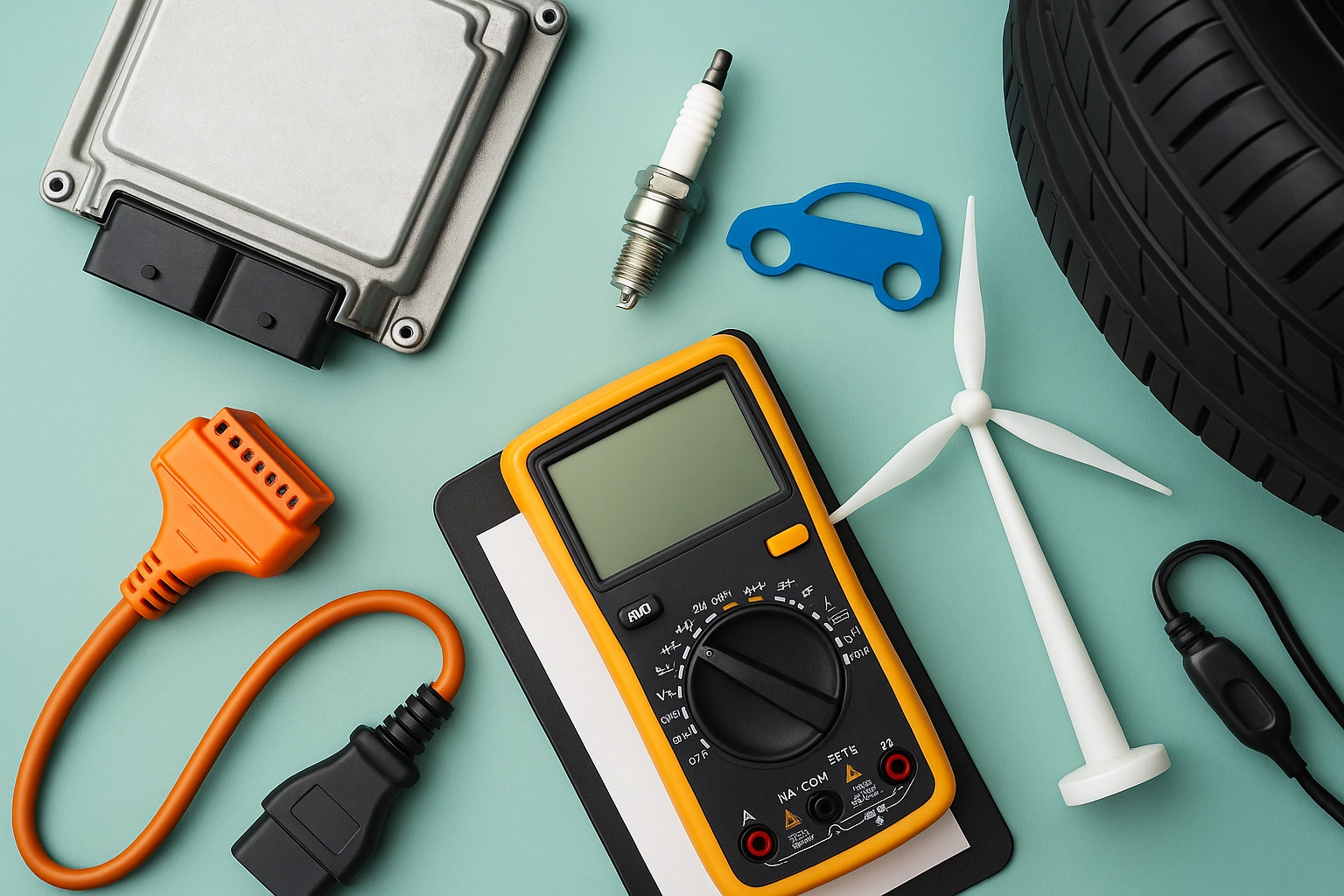IEC 62660 1 Lithium Ion Cell Performance Testing
The IEC 62660-1 standard is a cornerstone for the performance evaluation of lithium-ion cells, which are critical components in electric and hybrid vehicles. This testing ensures that the cells meet stringent safety and reliability criteria before being integrated into automotive systems.
During this testing process, we evaluate various parameters such as internal resistance, impedance, capacity retention, and self-discharge rate to ensure optimal performance under diverse operational conditions. The testing procedure is meticulously designed to simulate real-world scenarios that the cells might encounter in electric vehicles (EVs) or hybrid electric vehicles (HEVs).
The IEC 62660-1 standard covers a wide range of tests including initial characterization, accelerated aging, and thermal cycling. These tests are essential for understanding how the lithium-ion cells behave under different environmental conditions and operational stresses.
Our team at Eurolab is highly experienced in conducting these tests using state-of-the-art equipment that ensures precision and accuracy. We use sophisticated test rigs to apply controlled charging and discharging cycles, temperature variations, and other stress factors. This allows us to simulate the lifecycle of a lithium-ion cell accurately.
The testing process begins with initial characterization, where we determine baseline performance metrics for each cell. Subsequently, we perform accelerated aging tests to assess how the cells degrade over time under specific conditions. These tests are crucial in predicting the lifespan and reliability of lithium-ion batteries.
Thermal cycling is another critical aspect of this testing. By subjecting the cells to repeated temperature cycles, we can evaluate their thermal stability and resilience against extreme temperatures which they may encounter during operation. This step helps ensure that the cells are safe and reliable even under adverse conditions.
The results from these tests are comprehensive and provide detailed insights into the performance characteristics of each cell. These data points include discharge voltage, charge acceptance rate, internal resistance, and many more. Our testing methodology is aligned with international standards such as IEC 62660-1 to ensure consistency and accuracy.
After completing all the tests, our experts analyze the data collected during the process. They use advanced software tools to interpret the results and generate detailed reports that highlight any deviations from expected performance. These reports serve as valuable resources for quality managers and compliance officers in ensuring adherence to regulatory standards.
Industry Applications
| Application Area | Description |
|---|---|
| Automotive Manufacturers | Evaluate the performance of lithium-ion cells used in electric and hybrid vehicles. |
| R&D Engineers | Develop new models and improve existing designs by understanding cell behavior under various conditions. |
| Quality Managers | Ensure compliance with international standards to maintain product quality and safety. |
| Compliance Officers | Avoid legal issues by ensuring all tests meet regulatory requirements. |
Eurolab Advantages
- Our team of experts is certified in conducting IEC 62660-1 testing.
- We use cutting-edge test equipment tailored for lithium-ion cell evaluation.
- Comprehensive report generation to provide detailed insights into each test result.
- Adherence to international standards ensuring consistent and accurate results.
- Experience in handling complex testing scenarios specific to electric and hybrid vehicles.
Quality and Reliability Assurance
- Initial characterization of cells to establish baseline performance metrics.
- Accelerated aging tests to predict cell lifespan under specific conditions.
- Thermal cycling to assess thermal stability and resilience against extreme temperatures.
- Data analysis using advanced software tools for precise interpretation.





